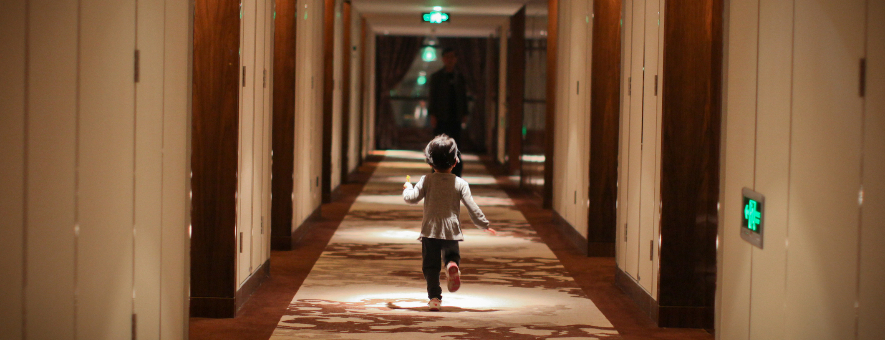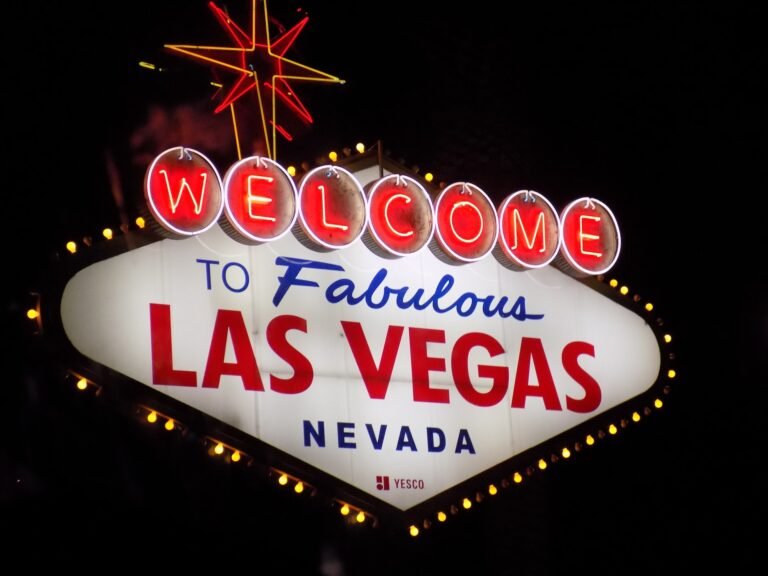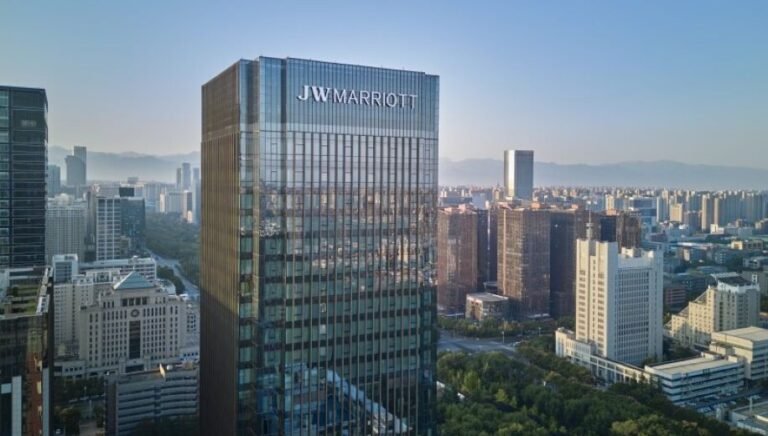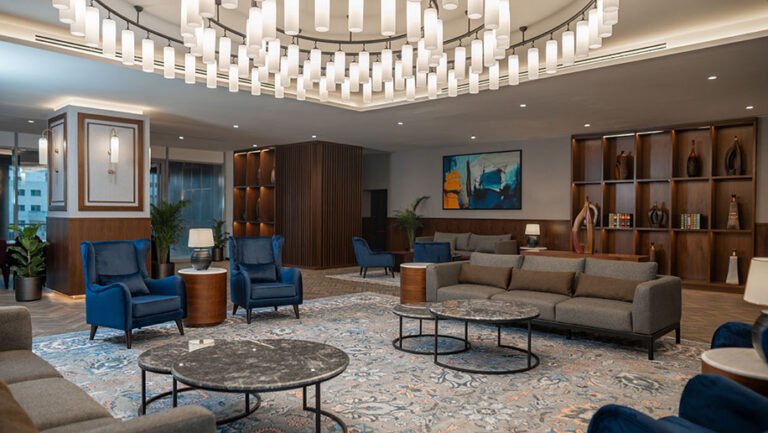How to run a hotel
A hard worker, master juggler and confident leader. This is one way to describe the type of person you’ll need to be to run a hotel business. But you’ll need a whole lot more to run a hotel successfully, from skills and experience to tech tools and money.
So, how much does it cost to run a hotel? And just how do you go about building the reputation of a hotel, transforming it into a profitable business and generally succeeding in running a hotel that people want to visit?
In this blog article we answer these questions and look at what generally defines a successful hotel.
How to run a hotel business with success
To achieve success in anything, we need to know what we’re aiming for. So, what does success look like when it comes to running a hotel? What defines a great hotel?
Reputation is a good measure of how a hotel is tracking, and online reviews provide a good snapshot of that reputation. Positive feedback says your hotel is going well and encourages more people to book a stay. More than 8 out of 10 people say they always or frequently read a review before booking a place to stay and more than half say no reviews means no bookings from them.
Corporate leaders also rank reputation as their most valuable asset and the World Economic Forum estimates that 25% of a company’s market value is directly related to its reputation.
Of course success comes in many forms, and in business there are plenty of other metrics that hotel managers can use to build a picture of success, including:
- Total revenue
- Monthly profit or loss
- Net promoter score
- Conversion rate
- Website traffic
- RevPAR
- TrevPAR
- RevPASH
- Occupancy rate
- ADR
Another way people measure success is against their own goals and expectations. Having a business plan with clearly defined goals in place provides a clear path to success and a yardstick for measuring progress.
How much does it cost to run a hotel? Is it profitable?
It’s not surprising that the bottom line is the ultimate indicator of success for many people. If you’re in the green, then you’re doing something right.
To build a strong foundation for financial success, have a clear financial plan before you start. One that answers the above questions so you can start the business with confidence.
To estimate the cost of running a hotel, list all of your startup and ongoing expenses. Here’s a basic list to get you started.
Start up costs:
- Purchasing the property
- Decorating, furniture and room equipment
- Kitchen and bar equipment (for properties offering this option)
- Pool equipment (for properties offering this option)
- Legal and accounting costs, other consultancy fees
Running costs:
- Staffing costs
- Rent
- Water, electricity and other utilities
- Laundry and housekeeping costs
- Care and maintenance
- Insurances
- Security
- Ongoing business expenses and subscriptions
Once you have calculated your costs, you can then do some quick sums to work out whether you can expect to make money in the weeks, months and years ahead.
RevPAR, or revenue per available room, is one the easiest ways to predict revenue for a hotel. Simply multiply your predicted average daily rate (ADR) by your occupancy rate. For example if your hotel is expected to be occupied at 80% with an ADR of $200, your RevPAR will be $160.
To ensure you’re operating at a profit, you’ll need to understand pricing at your hotel and optimise your pricing strategy so that you maximise the revenue that you generate per room and per guest.
Some of the common strategies for pricing are:
- Open pricing: allows hotels to drop rates in the off-season to ensure consistent occupancy rates
- Value-added: focuses on premium deals and packages over low rates
- Discount: boosting occupancy levels by dropping base rates and making up revenue through other hotel services
- Price per segment: offering the same product at different prices to different people (for example, a “family rate”)
- Length of stay: means requiring minimum stay periods during certain periods such as weekends
- Positional: basing rates on reputation and brand
- Penetration: finding guests by being the cheapest in the market
- Skimming: positioning your hotel as the most expensive in the market (and giving guests a reason to pay that extra amount)
To stay profitable, pricing is just one part of the equation. You’ll also need to stay on top of the many other things that’ll help you run a hotel business effectively.
How to run a hotel: 13 essential tips for success
Where do you start when it comes to running a hotel? There’s an enormous amount to cover, but starting with these things will help set you up for success:
- Have a plan and priorities: A business plan, financial plan and marketing plan will help you focus on your priorities and direct your efforts towards things that will have the greatest impact
- Know your target market: What your guests love and want is information that’ll help guide many of the key decisions involved in running a hotel
- Make the most of your location: Many guests will be visiting the location first and your hotel second, so make sure you highlight your location in everything you do
- Focus on communication: Many problems are a simple result of miscommunication or lack of communication, so communicate regularly and keep things consistent, clear and on-brand
- Always listen: Whether it’s staff, guests or consultants, listening well can help you identify (and quickly iron out) problems and take advantage of opportunities
- Streamline front desk operations: Have the right people, processes and technology in place to make your front desk efficient, organised and capable of handling problems (big and small)
- Manage your brand and reputation: Your reputation is powerful, so protect it by monitoring online reviews and creating a strong brand that people can connect with
- Invest in digital marketing: Create buzz and excitement, get more bookings via Google and stand out from the competition with smart digital marketing strategies
- Hire the right people (and train and empower them): Your people will carry you towards your goals so make sure they have the right experience, skills and training along with a genuine passion for the industry
- Delegate more: Once you have the right people on board, trust they can do a great job by delegating tasks and responsibilities that fit their role
- Create a positive work culture: Fostering social connections and being empathetic and encouraging can create a positive environment that’s more productive and benefits employers, employees and the bottom line
- Get crystal clear on your hotel’s unique selling point: The thing that makes your hotel different will also be the thing that helps you and your hotel succeed
- Don’t forget housekeeping: Cleanliness is expected at hotels, particularly in COVID-19 times, so make sure your housekeeping standards are always high.
How to run a hotel restaurant
A great hotel restaurant will not only be a drawcard for guests, it will also attract the locals who are looking for another dining option.
Quality and positioning is important: aim to establish a restaurant in its own right rather than just a hotel restaurant. Consider creating a website and social media presence exclusively for the restaurant.
When running a hotel restaurant, be sure to focus on these four key areas for success:
The people
If you’re serious about success, you’ll need people with the experience, dedication and talent to bring your hotel restaurant vision to life. The size of the restaurant will guide how many people you’ll need on board, but it’s likely you’ll need a hotel restaurant manager, kitchen staff and service staff.
The food
Create and customise a menu that aligns with your hotel’s brand and values. Will it highlight local and seasonal produce? Will it focus on a particular cuisine? Will you offer a kids menu? Whatever you’re aiming for, get your kitchen staff on board to create a menu that will allow the restaurant to deliver quality food that people will come back for.
The space
People eat with all of their senses, and a space that’s comfortable with inviting furniture, decor and lighting is a must. Differentiate it from the rest of the hotel. Set the mood for different meals so that guests who visit for breakfast walk into a whole new space to enjoy their evening meal.
The convenience
Hotel guests will expect to be able to order room service and charge meals back
to their rooms. Have these things set up for a seamless guest experience.
Running a hotel: tools to help you achieve your goals
It can be overwhelming to think about everything that goes into running a successful hotel. However, hotel technology can introduce efficiencies and insights that take away the pressure, attract more guests and accelerate your success.
Some of the most powerful tools are:
- Channel manager: showcase your property on all the top performing booking channels and manage rates and rooms in real time
- Hotel booking engine: a seamless way to attract visitors and convert them to guests, this tool allows not only more direct bookings but it can also be connected to Google Hotel Ads
- Hotel business insights: make smarter decisions with clear data on your market and performance that allows you to optimise your pricing and distribution
- Global Distribution System: gives you the opportunity to tap into new and lucrative markets
- Payment processing: integrated technology for a simple and seamless way to take payments and process refunds in a single click
- Hotel apps: for check-in, messaging, ancillary services and more











